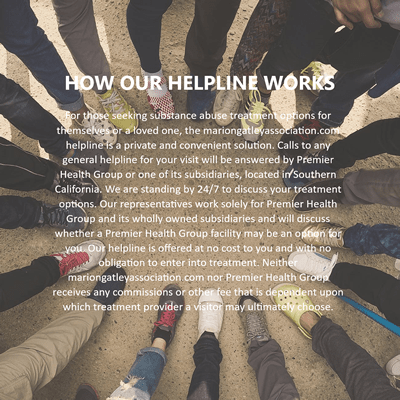The Problem
When someone is in an addiction recovery program, just getting clean can be so difficult that oftentimes nutrition and dietary planning can fall by the wayside. Learning to manage an addiction and abstinence from substance abuse can be overwhelming enough as it is. Sometimes it is completely possible for an individual to swap one addiction for another. Certain types of food can stimulate the brain’s pleasure receptors in the same way that drugs and alcohol do, and unfortunately, these foods are often the easiest to gain access to while in recovery.
When people in recovery continue to ingest low quality food, this can lead to life that is low quality as well. When clients eat a great deal of processed foods and junk food throughout the day, this habit can become a detriment to their addiction recovery in various ways such as:
- Mood and concentration can be affected by spiking and dropping blood sugar
- Foods devoid of proper nutrients can leave clients tired and dependent on caffeine.
- Consumption of sweetened beverages can make water less desirable.
- Refined grains and added sugars have a negative impact on mental health.
- These foods condition the brain to expect the best tasting foods all the time, which can encourage the cycle of addiction.
The Response
When individuals in recovery are offered the option to choose between a nutrient-rich food item and an addictive one, most are going to select the immediately gratifying choice. The brain sees this choice as a reward, not unlike the previous alcohol or drug abuse. The best thing a client in recovery can begin to do for themselves is to make wise nutritional choices and stay away from food items that do not fit into the six food groups: animal protein, dairy, grain, vegetables, plant protein (seeds, nuts, beans), and fruits.
Suggested meal plans include:
Breakfast – berry smoothies, a piece of whole grain bread with almond butter, eggs, avocado, fiber based cereal with soy or almond milk
Lunch – tuna salad, chicken salad, veggie platter, bean based soups, lettuce wraps with lunch meat,
Dinner – Quinoa, Brown Rice, Farro, Salmon, Chicken, Ground Turkey, Asparagus, Cauliflower, Broccoli, Salad of Greens with Light Dressing
The sooner someone begins to implement healthy eating choices, the longer they are likely to stick to a nutrient rich meal plan. Oftentimes those who have been abusing alcohol or drugs started doing so during their teenage years and never learned how to implement proper nutrition into their diet. If you have a recovering friend or family member staying with you, remember to help them focus on what they should be eating instead of what they should not be eating. Intervention Drug Rehab Association will help get them on the right track, and now you have the tools to help them stay there.



